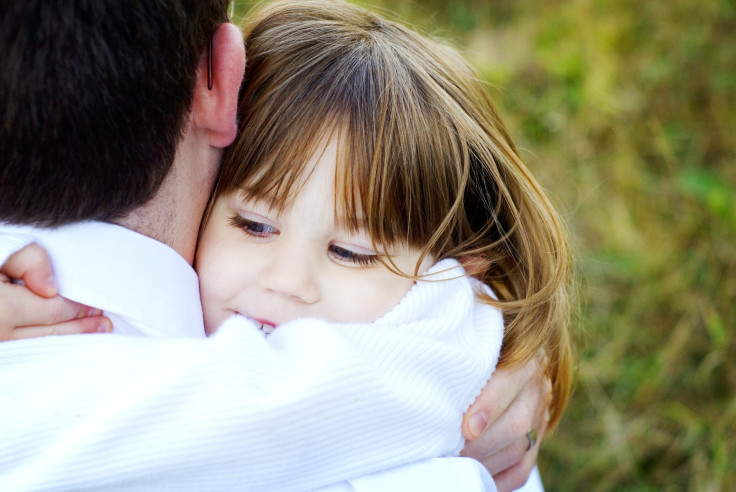Body Image Breakthrough: Building Self Confidence In Children Starts With Training Parents

Millions of people suffer from eating disorders in the United States, and many of them stem from having a poor body image at a very young age. A new intervention program, designed by the Academy for Eating Disorders and called “Confident Body, Confident Child (CBCC)," may be the key to raising healthy, happy, and body-confident children. A study conducted at La Trobe University in Australia has found the program can be successful in changing future children and adolescent's body image — but it starts with their parents.
For the study, parents were broken up into four different groups. One group received the CBCC resource pack and workshop, while a second group received only the CBCC resource pack. A third group, meanwhile, received only nutrition resources, while the fourth received no interventions at all. After six weeks, parents who received the CBCC resources demonstrated significant reductions in behaviors that could increase negative body attitudes or induce unhealthy eating in their children.
"We are excited about this program because parents tell us it's exactly what they need in the current time of obesity fear and increasing disordered eating behaviors," the study’s lead author Dr. Laura M. Hart said in a press release.
Healthy eating and weight management are important for children, but so is decreasing the risk for developing body dissatisfaction before puberty hits. According to KidsHealth, some children struggle with their self-esteem and body image when puberty hits because of all the changes the body goes through. Combined with the natural desire to fit in and be accepted by friends, these issues can cause emotional problems when a child's body doesn't match their peers'. Magazine covers displaying beautifully airbrushed and exercised bodies are one of the many external influences that can damage a young person's mentality, and it's because of this that parental support is key to cultivating a child's healthy self-esteem.
Equipping parents to nurture and develop their child’s body image and eating patterns is key to preventing body dissatisfaction and disordered eating. By age 6, girls can begin to express concerns about their own weight, and 40 to 60 percent of elementary school girls between the ages of 6 and 12 express concern about their weight or becoming too fat. Fostering a child's healthy body image is essential to lowering their risk of feeling vulnerable and beginning disordered eating, and intervention programs may be the trick to stopping the negativity.
Source: Hart LM, Damiano SR, and Paxton SJ. Confident body, confident child: A randomized controlled trial evaluation of a parenting resource for promoting healthy body image and eating patterns in 2- to 6-year old children. The International Journal of Eating Disorders. 2016.



























